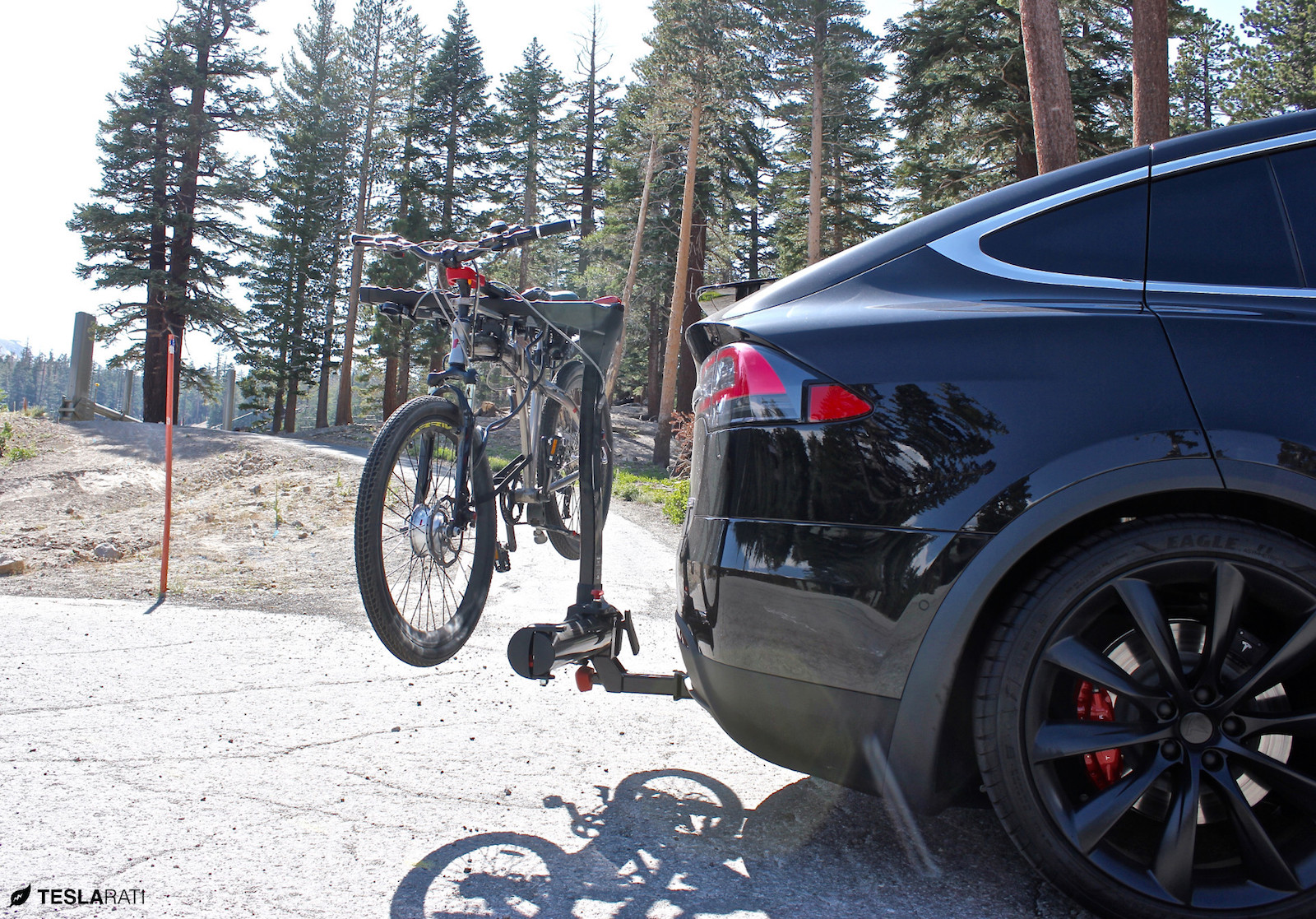A bill has been reintroduced in the House of Representatives to incentivize the purchase of an ebike in the United States.
Many view electric vehicles as the primary solution to helping ordinary people limit their day-to-day carbon emissions, but others believe more drastic action may be necessary. To help even further cut down on carbon emissions for many Americans, some propose ebikes as a valid alternative. To further this cause, a bill has been proposed in the U.S. Congress to incentivize their sale.
According to David Zipper, who initially reported the new bill’s appearance on Twitter, the upcoming bill is a reintroduction of a previous bill that was defeated just two years ago.
BREAKING: The federal e-bike bill is BACK.
A new proposal would give Americans up to $1,500 off a new e-bike.
This bill is similar to its predecessor, which came tantalizingly close to passing last year. BUT there are some key differences.
https://t.co/OQYWoqjohz pic.twitter.com/BH0AeRHmAu
— David Zipper (@DavidZipper) March 21, 2023
As noted by Zipper’s lengthy Twitter thread, the EBIKE Act, introduced by Representatives Jimmy Panetta (D, CA), Earl Blumenauer (D, OR), Mike Thompson (D, CA), and Adam Schiff (D, CA), shares much with its killed predecessor, but with some fundamental changes. The bill has been introduced alongside a companion bill in the Senate, proposed by Senator Brian Schatz (D, HI).
The EBIKE Act, which stands for the Electric Bicycle Incentive Kickstart for the Environment Act, would provide Americans up to $1,500 or 30% of the purchase price of an ebike of their choosing (whichever is less). This includes not only traditional ebikes but also e-cargo bikes and etrikes, up to the max purchase price of $8,000.
While this structure is similar to its predecessor, the new EBIKE Act raises the maximum income limit to $150,000 for individuals or $300,000 for joint filers. Further, the incentive would be made available through retailers, making it easier for buyers to receive the discount. Lastly, an ebike would only qualify for incentives if it passed a thorough safety qualification, primarily aimed at its battery system.
While this would be the first ebike incentive from the federal government, it certainly wouldn’t be the first in the United States. Numerous states and cities have already implemented ebike incentives of their own.
As David Zipper noted, this bill has more than double the number of representatives backing it, which could aid its efforts as it heads to the House floor. However, it is far from a slam dunk. Unlike the previous bill, the EBIKE Act is entering a divided Congress. Furthermore, many notable concerns from both Democrats and Republicans have not been addressed in the new iteration of the Act.
Unlike incentives available in Cities and States, this bill would primarily help those living in urban areas who can use their area’s more prevalent bike infrastructure. Further, with the bill’s aim to limit carbon emissions, a traditional bicycle still beats an ebike in this regard, making some question why this segment is not included in the incentive pool as well. Nonetheless, before this bill can get anywhere near a vote, it may need significant tweaking and will still have to battle for a slot in a hostile, divided legislature.
What do you think of the article? Do you have any comments, questions, or concerns? Shoot me an email at william@teslarati.com. You can also reach me on Twitter @WilliamWritin. If you have news tips, email us at tips@teslarati.com!


ivermectin 6 mg tablets – atacand brand tegretol 200mg usa
order amoxicillin generic – purchase amoxicillin without prescription buy combivent no prescription
azithromycin for sale online – buy zithromax 250mg online cheap how to get nebivolol without a prescription
cheap gabapentin pills – order clomipramine 25mg online sporanox 100 mg without prescription
amoxiclav cheap – buy augmentin 625mg cymbalta usa
buy rybelsus 14mg without prescription – rybelsus pills buy cyproheptadine 4mg generic
buy zanaflex medication – order plaquenil 400mg pills buy generic hydrochlorothiazide 25mg
buy generic cenforce online – glucophage 500mg canada brand metformin 1000mg
lipitor online order – buy norvasc no prescription zestril 10mg brand
omeprazole pills – metoprolol 50mg without prescription atenolol 50mg drug
depo-medrol cheap – pregabalin drug buy aristocort pills for sale
order acyclovir 800mg for sale – buy generic acyclovir for sale buy crestor paypal
order motilium pills – buy generic cyclobenzaprine online generic flexeril 15mg
purchase motilium generic – order domperidone online buy flexeril pill
order generic inderal – buy generic inderal 10mg buy generic methotrexate
coumadin 2mg sale – warfarin cheap hyzaar brand
generic nexium 40mg – nexium oral imitrex price
buy levofloxacin paypal – buy avodart cheap buy zantac 300mg online
order meloxicam 7.5mg pill – order meloxicam sale tamsulosin 0.2mg price
ondansetron cost – buy spironolactone generic buy cheap generic simvastatin
buy valtrex 1000mg online cheap – valtrex 1000mg us buy generic fluconazole